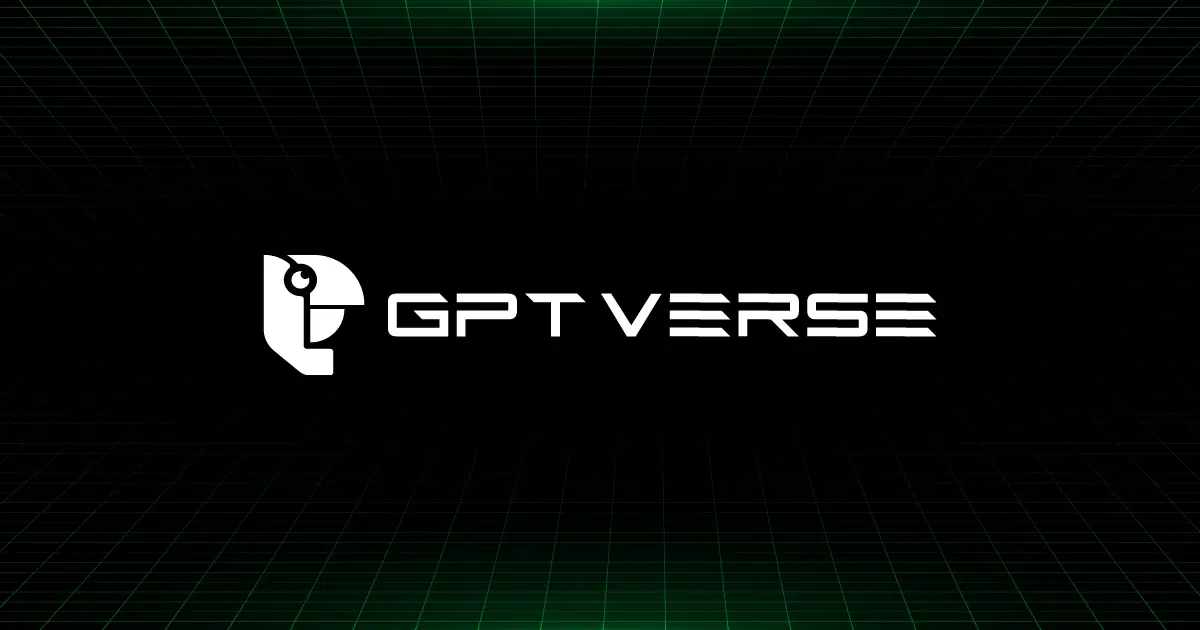As blockchain technology transforms global business models, self-executing digital contracts called smart contracts have become a core component of decentralized finance. By automating routine processes like payments, record-keeping and asset transfers, smart contracts streamline transactions and reduce costs. However, as with any software, smart contracts must undergo rigorous testing to ensure functionality and fix vulnerabilities before deployment. This is where auditing plays a vital role.
The Importance of Due Diligence
Before entrusting funds or assets to a smart contract, it is prudent to verify its security through a professional audit. As immutable programs, smart contracts cannot be patched or updated once on a blockchain. Even minor bugs could potentially result in lost funds or exploited systems. Subjecting code to independent review minimizes these risks upfront.
An audit examines all potential attack vectors like reentrancy vulnerabilities or integer overflows that could be exploited by hackers. It also tests edge cases to confirm expected behavior. This due diligence gives developers confidence that contracts perform as intended while providing users assurance in the software’s integrity.
Preparing for Review
To facilitate a thorough audit, certain preparations are recommended. Developers should document requirements, code structure and test results. All relevant materials should be organized and clearly labeled. Selecting an experienced auditor is also important to leverage specialized expertise. Communication during the process further aids issue resolution.
With Proper Planning Comes Peace of Mind
By taking audit preparation seriously, teams can hit the ground running for review and avoid potential delays. Clearly defined scope and well-organized supporting docs streamline the auditor’s workflow. Early testing also surfaces bugs for pre-audit fixing. With robust validation, smart contracts can launch with the security seal of approval that builds trust among stakeholders. Overall, making auditing a priority delivers long-term benefits of protecting investments and fostering sustainable growth within the fast-evolving blockchain domain.
Conclusion
As smart contracts assume increasingly critical financial functions, ensuring their resilience will be paramount. Subjecting code to audit scrutiny establishes confidence for users while satisfying regulators. With proper planning and independent evaluation, development teams can deploy contracts confident in their ability to automate processes securely for years to come.



